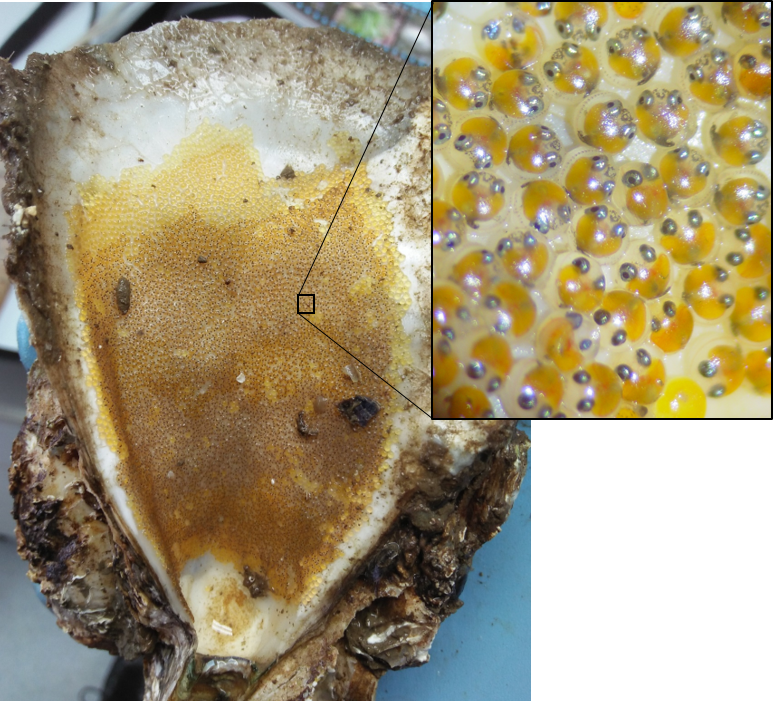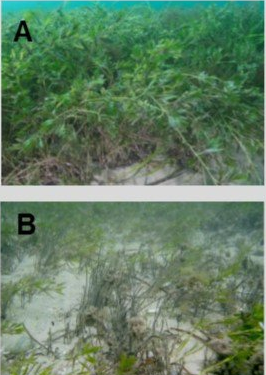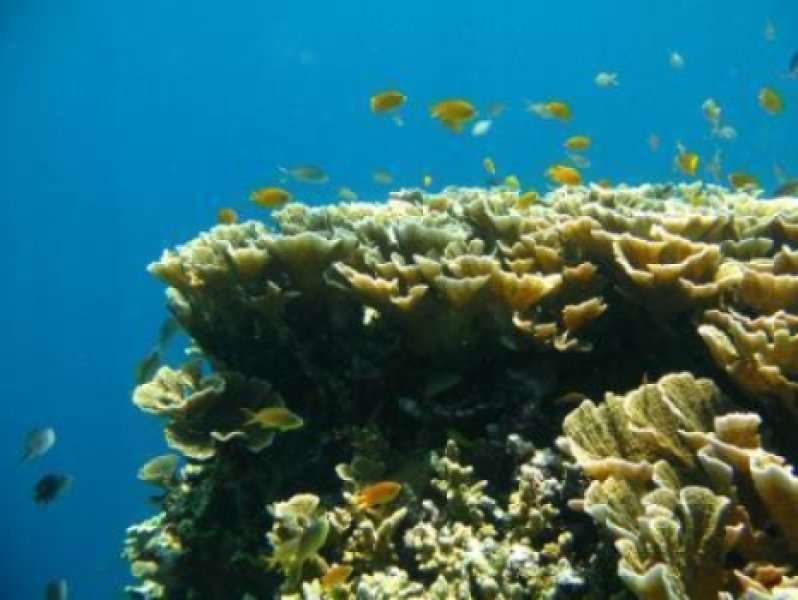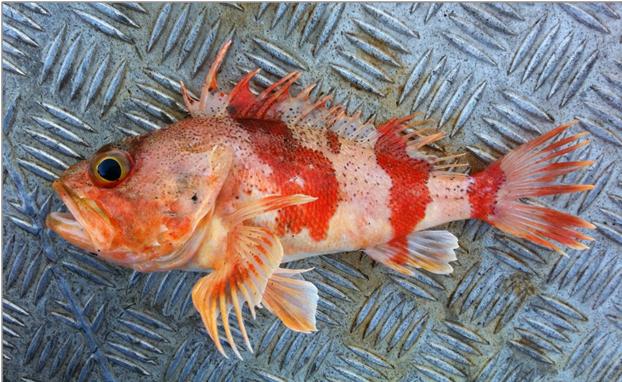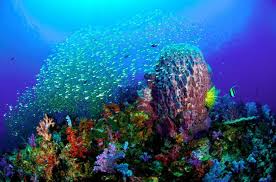BLOGS WEBSITE
TAG: Professor Sean Connell
Oyster Reef Restoration in Gulf St Vincent Project receives media attention
This morning Environment Institute member Dr Dominic Mcafee and Prof Sean Connell’s article in The Conversation was published. It was consequently also sent out in the daily the Conversation email of top stories. The Conversation article covers the history of the Oyster Reefs in Australia and their benefits to the marine environment they foster and support. For example, […]
Comments Off on Oyster Reef Restoration in Gulf St Vincent Project receives media attention
Sean Connell Series: Moving ocean acidification research beyond its pioneering roots
A new paper has been published in Food Webs recently, the paper was led by Giulia Ghedini, a PhD Candidate and her supervisor Professor Sean Connell investigate carbon dioxide and ocean acidification. Professor Sean Connell writes the following guest post: Tests of the ecological responses to field of ocean acidification started less than 10 years ago. With the […]
Comments Off on Sean Connell Series: Moving ocean acidification research beyond its pioneering roots
Sean Connell series: Can we predict tipping points for ecosystem collapse?
Professor Sean Connell, Dr Zoe Doubleday, Jonathon Leung and Samuel Owens from the Southern Seas Ecology Laboratory within the Environment Institute have published a new paper in Conservation Biology. Their collaboration with SARDI, CQ University, UNSW, Norwegian Institute for Water Research, The University of Hong Kong investigated whether the way we view “healthy” ecosystems is not entirely accurate, […]
Comments Off on Sean Connell series: Can we predict tipping points for ecosystem collapse?
Food Webs study featured in The New York Times
Work led by PhD candidate Silvan Goldenberg, with contributions by Environment Institute Members Ivan Nagelkerken, Camilo Ferriera, Hadayet Ullah and Sean Connell was featured in the New York Times this weekend. Their paper published in Global Change Ecology was featured under the title “To Simulate Climate Change, Scientists Build Miniature Worlds”. The article was accompanied by […]
Comments Off on Food Webs study featured in The New York Times
LISTEN: Radio Adelaide Interview about how Climate Change is collapsing food webs
Environment Institute members Professor Sean Connell, Associate Professor Ivan Nagelkerken, and PhD candidate Silvan Goldenberg spoke to Radio Adelaide recently. They discussed their recently published work on how climate change could possible destabilise our coastal food webs, and what we can do to help. Listen to their full interview Radio Adelaide’s website, or read their […]
Comments Off on LISTEN: Radio Adelaide Interview about how Climate Change is collapsing food webs
New Paper: Rising CO2, Ocean Acidification and Food Web Collapse
A new paper published in Global Change Ecology shows our coastal food webs could be on the brink of collapse due to rising CO2 levels causing oceans acidification. The research led by Environment Institute Member, Silvan Goldenberg, a PhD candidate found that increased temperature and CO2 levels had an overall detrimental effect on their simulated ocean environment. Environment […]
Comments Off on New Paper: Rising CO2, Ocean Acidification and Food Web Collapse
New research: Neo-Europe and its ecological consequences
Heidi Alleway, Professor Bronwyn Gillanders and Professor Sean Connell from the University of Adelaide’s Environment Institute have found that the colonisation of Australia contributed to an overexploitation of inland fisheries species. Their paper entitled, ” ‘Neo-Europe’ and its ecological consequences: the example of systematic degradation in Australia’s inland fisheries,” published in Biology Letters, compared fish market […]
Comments Off on New research: Neo-Europe and its ecological consequences
Ocean acidification leaves fish lost at sea
Associate Professor Ivan Nagelkerken, Professor Sean Connell, Tullio Rossi and Jennifer Pistevos from the University of Adelaide were involved in an article published in the journal Biology Letters, entitled, “Lost at sea: ocean acidification undermines larval fish orientation via altered hearing and marine soundscape modification.” Their research highlights future complications for fish due to stresses […]
Comments Off on Ocean acidification leaves fish lost at sea
Media release: Baby fish will be lost at sea in acidified oceans
The ability of baby fish to find a home, or other safe haven, to grow into adulthood will be severely impacted under predicted ocean acidification, University of Adelaide research has found. Published today in the journal Proceedings of the Royal Society B, the researchers report the interpretation of normal ocean sound cues which help baby […]
Comments Off on Media release: Baby fish will be lost at sea in acidified oceans
Media release: Sharks’ hunting ability destroyed under climate change
The hunting ability and growth of sharks will be dramatically impacted by increased CO2 levels and warmer oceans expected by the end of the century, a University of Adelaide study has found. Published in the journal Scientific Reports, marine ecologists from the University of Adelaide’s Environment Institute report long-term experiments that show warmer waters and […]
Comments Off on Media release: Sharks’ hunting ability destroyed under climate change

